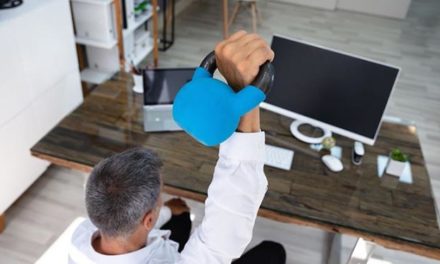We’ve seen a lot of people lacing up and going for runs throughout the pandemic. While the gyms were closed and people wanted to find ways to exercise in a safe manner, running offered a very low barrier to entry.
However, this doesn’t mean that you can take safety and comfort lightly. While some mistakes are rather minor, others can cause injury such as being distracted by the music in your ears. In this article, we’ll take at a few common mistakes beginners and novices make that can hurt you.
Choosing the wrong gear
The only gear you need to start running is a pair of running shoes. But, what pair of shoes you choose is crucial. Don’t go for what your friends are suggesting, because what’s perfect for them might not be right for you.
If you don’t know where to start, it’s best to look at the list of the best beginner’s running shoes. From there, find out which one provides you with the best support and cushioning according to your feet arch and pronation.
Choosing the wrong pair of shoes can hurt you both in the short-term and long-term. You’re prone to getting shin splints and sprained ankles short-term. Over the years, you can develop runner’s knees and stress fractures.
If you’re willing to go a step further, look into investing in a pair of good eco friendly running socks. These socks are specially made so that your feet don’t slip when they’re sweaty.
Distractions
If you’re not used to the route you’re taking, you shouldn’t be listening to music especially when you’re running on the pavement or roadside. While it does intensify the run, it’s easy for you to forget that there are other vehicles behind you when you can’t hear them.
I’ve had my fair share of close shaves with cars and cyclists when I tried to avoid an obstacle in front of me, just to put myself in extremely dangerous situations when I could hear the cars behind me until it was almost too late. While I received angry stares and curses, I’m glad that the only thing that hurt was my ego and not my body!
I keep my earphones on when I’m running around a park or designated running track. Otherwise, I’m not going to risk anything more!

Trying too hard
While it’s great to push yourself, it’s common for beginners to over-exert themselves. I was that beginner. It started with an intense side stitch, but I was too stubborn to listen to my body. This resulted in shin splints and I had to force myself to head home.
If you’re not used to running, start small. If you have no experience at all, start with two to four miles per run, up to four times a week. Once you’re comfortable, up the mileage by 10% each week. Over time, your muscles will get stronger.
This way, you’re able to gauge how much punishment your body can take. This is also the time for you to learn about what and how much food and water you should take prior to a run for the best performance. This brings us to the next point:
Bad diet selection and timing
Your diet will affect your running performance. If you eat meals that are too heavy too late, you’ll be cursing at your cramps. If you drink too little, you’re at risk of dehydration (did you know this can cause brain damage?)
If you’re reading this, I assume you’re a beginner that won’t be pushing past a 60-min run. For a quick burst of energy, bananas are great to have 30 minutes before your workout. For hydration, drink two glasses (16 oz.) of water two hours before a run, and another glass 15 minutes before a run.















